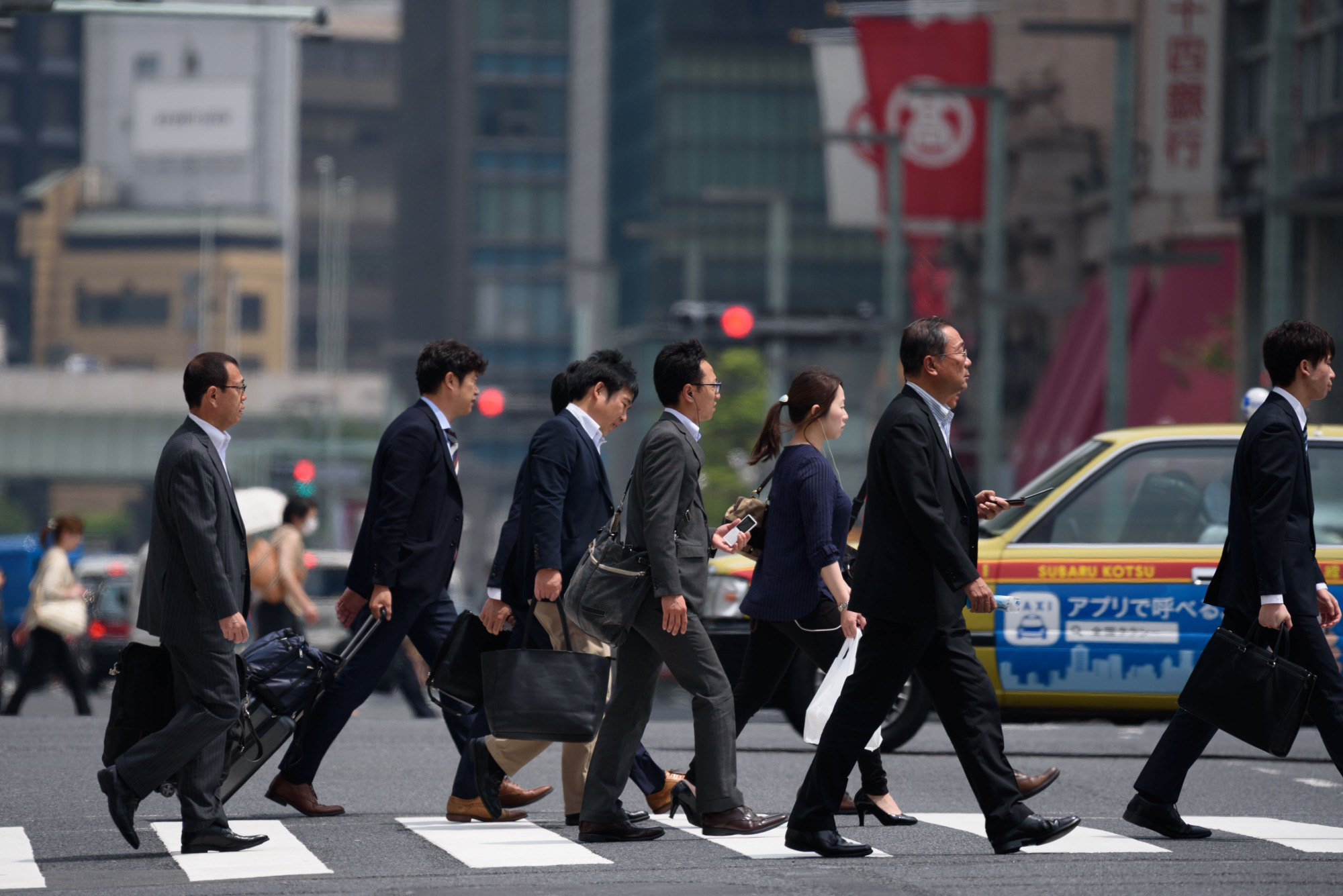During the Showa Era (1926-1989), men were the mainstay of families, working for 40 or so years until retirement to better the lives of their wives and children. They were expected to be tough, stoic and competitive.
Such masculine norms may sound increasingly outdated today, when most married couples support themselves on double incomes while the government urges companies to promote women to higher positions.
But in reality, many men still feel pressure to conform to traditional stereotypes, leading work-centric lives under the assumption that it's their only option, according to Toshiyuki Tanaka, an assistant professor who specializes in men's studies at Musashi University in Tokyo.



